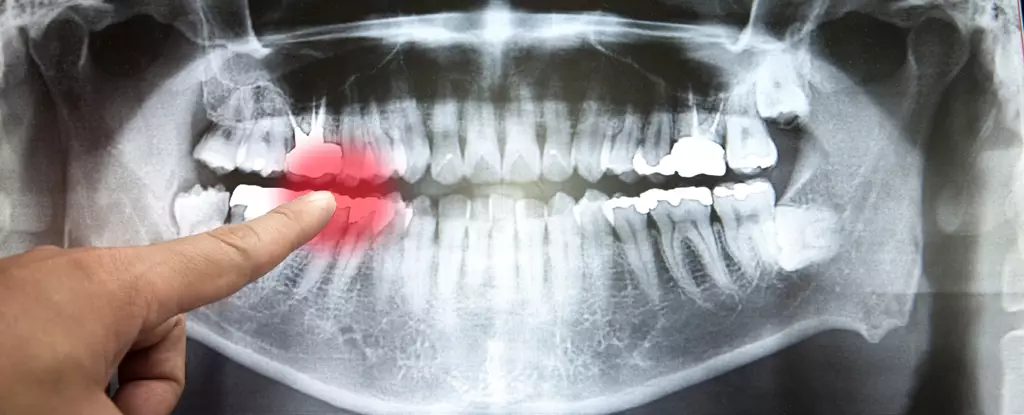In the UK, many individuals are facing challenges when it comes to accessing adequate dental care to maintain good oral health. The decline of NHS dentistry and an increase in dental hygiene poverty are significant contributing factors to this issue. Budget cuts have resulted in the emergence of “dental deserts” across the country, where there is minimal to no NHS dental health care available, and private care is often unaffordable for a large portion of the population. Additionally, the COVID-19 lockdowns have further hindered people’s ability to seek medical care, including dental services.
Recent years have seen alarming reports of individuals resorting to extreme measures to address their dental problems. A YouGov poll conducted in March 2023 revealed that one in ten Britons had taken matters into their own hands by “performing dentistry on themselves.” Shockingly, some of these DIY dental treatments included using unconventional materials such as cement, superglue, urine, and household adhesives to fix dental issues. The lack of access to professional dental care has driven some individuals to desperate actions that pose serious risks to their oral health.
Attempting DIY dentistry can have severe consequences on a person’s oral health and overall well-being. For example, self-extractions using tools like pliers or other household items can lead to complications such as oroantral fistulas, which are abnormal tunnels between the mouth and the sinus cavities. These fistulas can cause infections that may require invasive surgery to address. In addition, incomplete extractions can leave root residues in the gums, which can lead to infections and necessitate further oral surgery to resolve.
While some individuals engage in DIY dentistry for pain relief, others pursue cosmetic procedures without professional guidance. There have been cases of people using nail files to smooth out natural tooth ridges or applying hydrogen peroxide solutions for tooth whitening at home. These practices can strip away the protective enamel layer of the teeth, cause micro-cracks, and increase the risk of infection, decay, and tooth damage. The misuse of hydrogen peroxide for whitening purposes can result in severe tissue damage to the gums and digestive tract if swallowed.
The risks and complications associated with DIY dentistry highlight the critical importance of seeking professional dental care for all oral health needs. Visiting a dentist should be a top priority for individuals experiencing oral emergencies or considering cosmetic procedures. Investing in affordable dental provision is essential for ensuring that everyone has access to safe and effective dental treatments. Quick fixes and DIY hacks may seem convenient in the short term, but they often lead to more significant problems and higher costs in the long run.
The growing trend of DIY dentistry in the UK poses serious risks to individuals’ oral health and well-being. Access to affordable and quality dental care is crucial in addressing the challenges faced by many in obtaining proper dental treatments. It is essential for the government and healthcare providers to prioritize increasing dental provision to prevent people from resorting to dangerous DIY practices for their oral health needs.


Leave a Reply